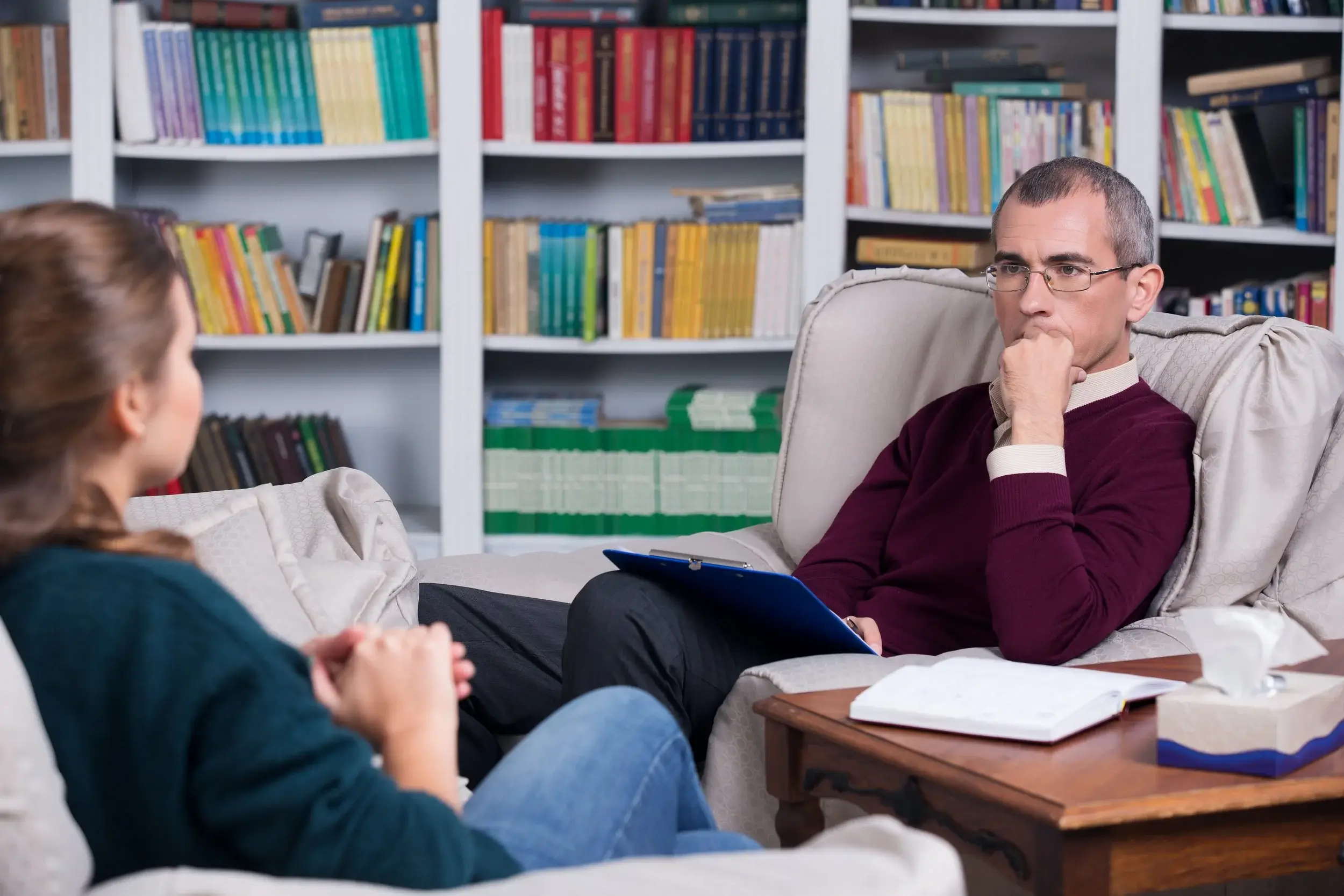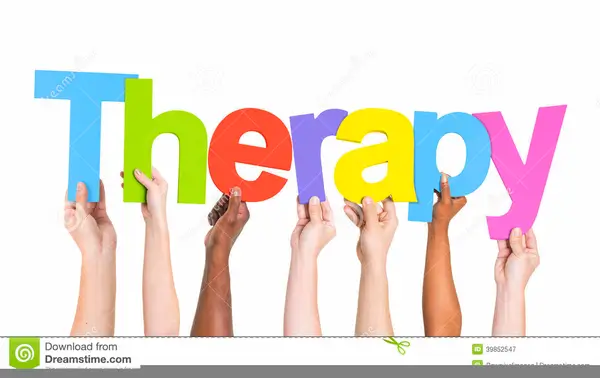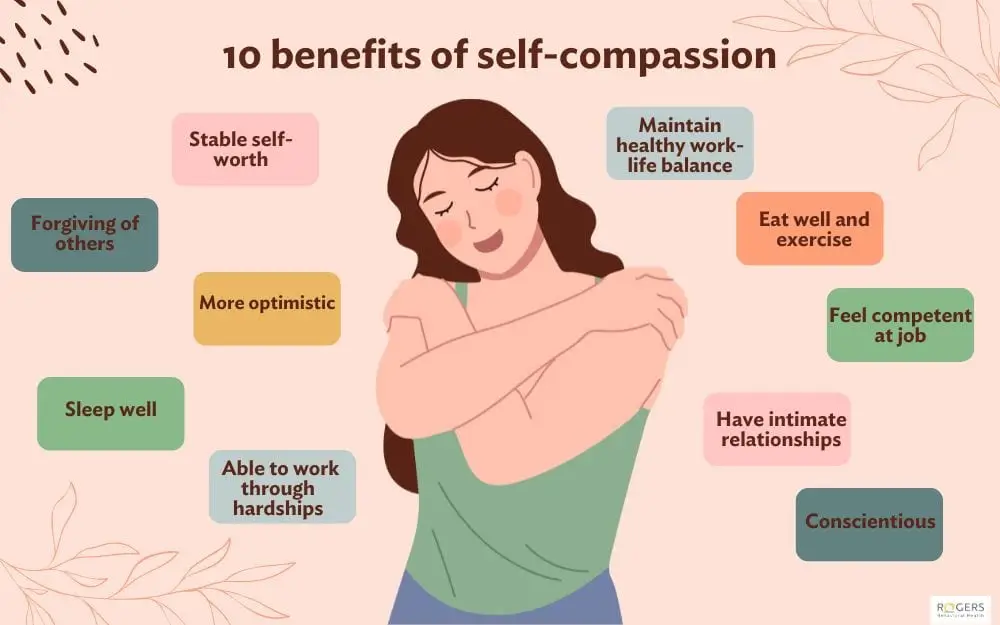
Do you know? Every person carries a world inside them—made of thoughts, feelings, and hidden beliefs. Therapists refer to this as the “inner world,” and it subtly influences every decision we make. Often, we work hard to fix our outer life but forget that the real transformation begins within.
1. Your Thoughts Are Not Always True.
Thoughts can be negative and sound real, but often have no evidence. In Islam, the Qur’an warns of was was (i.e., whispers from Shaytan) that instil doubts and false beliefs. When these whispers are questioned, there is a degree of peace in our hearts. Therapists help people separate fact from the noise in our minds by asking, “Where’s the evidence?”
Read more: Sharing Smiles: Helping Others to be Happy

2. Emotions Are Messengers, Not Enemies
People sometimes condemn their feelings or wish to discard them, but feelings, in fact, are reminders or signs and communication, not punishment. Sadness could mean nothing but being tired and needing connection, and anger could just be resentment connected to an injustice or breach of boundaries. In the Qur’an, the Prophet Yaqubعليهالسلام was sad when he lost his son, Yusuf. There is no punishment from Allah. Therapists always say to listen to your feelings instead of fighting them. If we listen to feelings, we begin to heal. The more we understand what that feeling is telling us, the less control it has over us.
3. Healing Takes Time, Not Force
As the Qur’an reminds us, “Indeed, Allah is with the patient” (2:153), and patience is an important part of the process of healing. Forcing yourself to “get over it” can often backfire. Instead of pressure, small and consistent movement is usually a better option. Islamic scholars also remind us that hearts open at Allah’s time, not our time. By trusting the process, recovery can be gentler and deeper.
4. You’re Not Set in Your Ways
For any number of reasons, the structure of the brain isn’t set for all time. Therapists use Brain-based approaches such as Cognitive Behavioral Therapy (CBT) precisely for adjusting cognitions. Islam teaches that every soul can change with effort. “Allah will not change the condition of a people until they change what is in themselves” (13:11).
5. Boundaries Protect Love, They Don’t Kill It
The popular belief that desiring or needing to set boundaries is a self-focused, selfish act, when in fact, therapists know that it’s just the opposite. Boundaries create the expectation and respect for both parties’ personal spaces in relationship dynamics; without boundaries, there is quiet decay into resentment. The Prophet ﷺ also implemented boundaries by respecting personal space and personal privacy. He taught that “A Muslim is the one from whose tongue and hand people are safe”. This safety includes emotional safety.

6. Your Inner World Affects Your Outer World
Often, when therapists meet clients, they are privy to how inner beliefs affect their external choices and actions. For example, when a person has a mindset affiliated with fear, it leads to fearful behaviors and results. However, if a person has a mindset affiliated with hope, it becomes considerably easier to take healthy steps towards positive future progress. The Qur’an connects the inner state of our hearts, and how this state can communicate from one’s heart to tangible outcomes in their daily life.
The Prophet ﷺ affirmed and elaborated, “Verily, in the body there is a piece of flesh… It is the heart. If it is sound, the whole body is sound.” When a person looks after their heart and purifies it, life inevitably feels lighter, which is the reason inner work can be incredibly liberating; working on the inside changes everything around you.
7. Past Pain Can Become Your Strength
Many will tell you that trauma only leaves keys of weakness in its path. However, those representing evidence-based modalities (i.e., therapists) know a different truth. Once healed, the wounds made by trauma can lead a person to compassion and wisdom. This is referred to in psychology as “post-traumatic growth”, where resilience emerges from adversity. Further, in Islam, past pain turns into a reward when one can approach it with sabr (patience).
The Prophet Muhammad ﷺ also modelled how to grieve the loss of loved ones (with grief and patience), yet lead with mercy. Your pain story can become your training story. Each scar has its own story, alongside blessings that remain hidden until the heart is receptive to that which is true — Allah’s wisdom.
8. Connection Heals Better Than Being Alone
Therapists have observed that lonely individuals tend to struggle more in terms of recovery. While it is true that humans can promote the healing of others, they are proven to heal better in a supportive environment. In fact, connection is so important (to spiritual and emotional wellness) that Allah tells us in Islamic tradition that the believer is like a body — when one part hurts, the rest feel it.
9. Self-Compassion Is a Sacred Obligation
It is typical to treat other people with kindness and compassion, but there are many people who are unable to be kind and compassionate to themselves. Most facilitated work aims to foster self-compassion, as therapists typically know, self-compassion is a cornerstone of emotional resiliency. It is also clear that harshly talking to yourself deepens and expands the wound, rather than heals it. Islam teaches that mercy starts with oneself, as Allah describes Himself as Ar-Rahman (The Most Merciful). Islam invites us to reflect on this mercy to ourselves.
A gentle way of talking to ourselves creates a peaceful inner home, while a harsh way of talking to ourselves restricts growth. Loving yourself is not arrogance; it is gratitude to Allah for the soul He, Himself, entrusted to you.

Case Study:
Once, a man came to the Prophet ﷺ and said he was starving. The Prophet didn’t waste any time and immediately called to his wives; however, none of them had food. Without a second thought, he invited the man to his home and shared with him the limited food he had. The Prophet’s heart was unselfish, and his mind generous. This act revealed a truly pure inner world, one that valued service over selfishness like a therapist’s client. Therapists notice that when the values of one’s inner world are based on compassion, the human fiber becomes easy to identify acts of kindness and healing.
Read more: 10 Steps to Detach From Your False Self
Final Thoughts
Therapists know that healing is an inner event, and Islam promotes that the state of the heart is the direction of life. Within these nine secrets we have explored together, each secret shows that inner work is everything. Whether you are representing compassionate boundaries or genuine compassion towards others, every step counts. Allah’s reward is not based on perfection, but it is given to those who exert effort in purifying their hearts. Your heart and inner world are your trust, and they must be treated as the garden of your life. Water your garden, and you will watch it bloom into beautiful possibilities. Water your inner world every day with your heart: patience, prayer, and kindness to yourself.



Leave a Reply